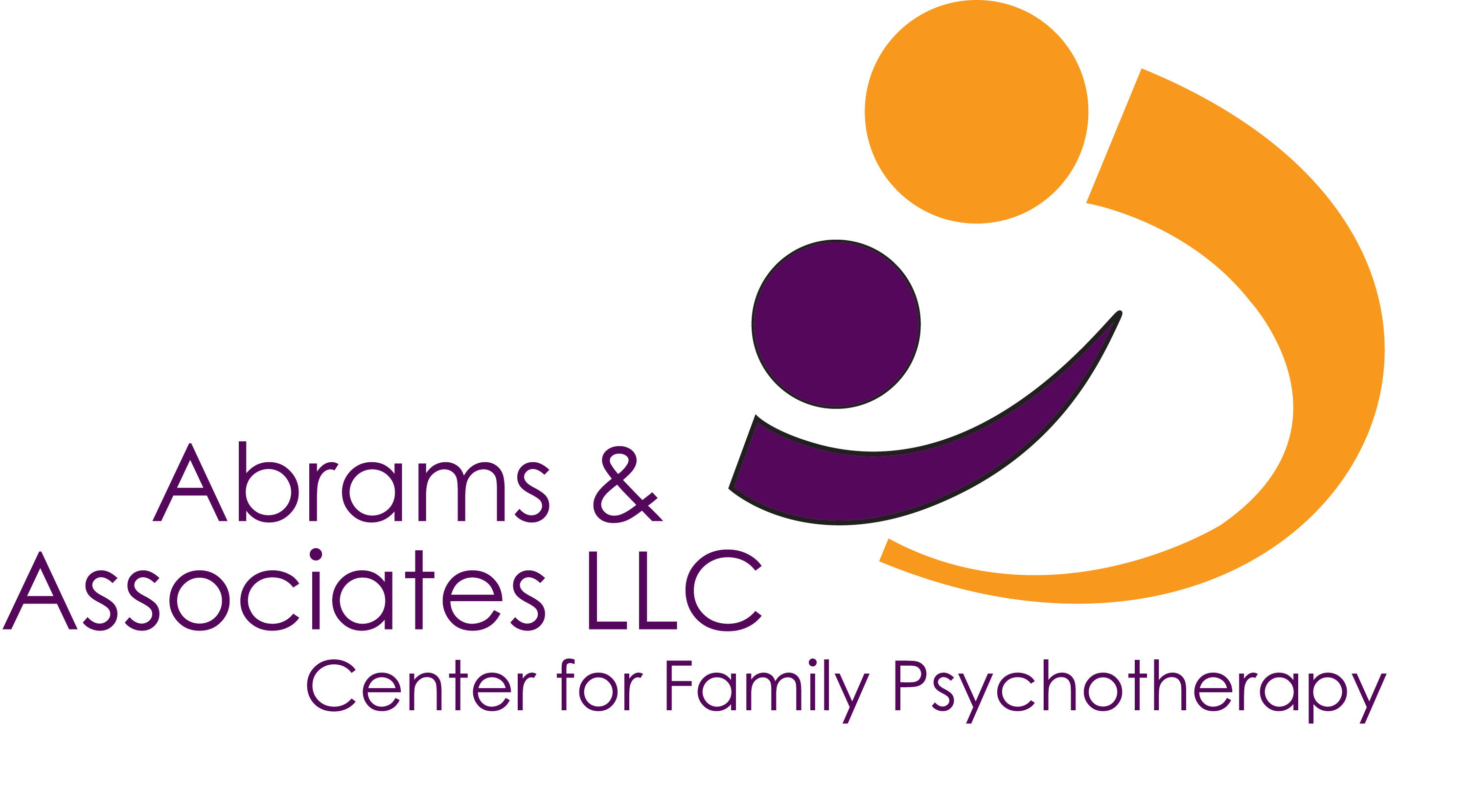Therapy Services
Individual Therapy
Individual psychotherapy is about opening up curiosity for self-understanding and exploration of feelings to learn new ways of thinking and coping with difficult situations. You may work on greater self-acceptance and confidence for managing life transitions. Setting boundaries and building communication skills is also a primary goal in therapy for improving relationships at home and at work.
Couples Therapy
Couples come for help when feeling a sense of disconnection and loss.
With sufficient motivation along with investment of time and effort, we can help you move from distrust and fear, to a more positive mutually satisfying relationship.
We take a close look at values, lifestyle, history of misunderstandings with the goal of greater empathy and compassion. Healing involves reworking the narratives while cultivating greater empathy, respect and appreciation.
Substantial change for couples involves each partner having commitment and openness, as well as trust in the therapist. We work on greater connection in order to build ‘the couple’ to a new and better place of engagement.
Family Therapy
With great care, a family therapist helps you to identify roles and dynamics that reinforce maladaptive as well as adaptive patterns of behavior.
With everyone on board, we can work to “rewrite the script,’ so to speak. In this fashion, family members shift their attitudes, perceptions and behaviors in a manner that results in more positive outcome regarding the presenting needs.
Family sessions are an opportunity to safely express emotions in a more effective manner. Family members learn how to be active listeners, how to affirm one another and how to make room for differences.
It is important for the family therapist to establish comfort and safety so each family member can be seen and heard as they learn to acknowledge ways to improve for the sake of each other.
Child Play Therapy
Play therapy is utilized to improve verbal expression, self-awareness, impulse control and coping strategies.
Play therapy is offered here for toddlers and school-aged children. This approach utilizes a child’s most natural way of self-expression to help them share, learn, process, cope and practice skills that directly enhance their development.
Play is the most powerful way that children learn about their world and their relationship with others. Through play therapy, children can practice and regulate their behaviors while they process thoughts and feelings.
A significant component of our approach to working with children is to increase parental understanding of developmental needs and to increase the child’s ability to share feelings and needs with their parents. We also help to guide parents to manage their family system in a fashion that increases cooperation and connection.
Art Therapy
Art therapy is a therapeutic tool that uses the power of art to deepen one’s connection with their unconscious thoughts, fears, dreams, desires, and much more. Many people choose art therapy because the creative process appeals to them; they are “stuck” in talk therapy because it has not gone deep enough.
Art therapy can access subconscious and unconscious material that may not otherwise be revealed. Expressions in art therapy can help to release us from oppressive emotional binds, such as learned helplessness, profound sadness, traumatic stress reactions, numbness or depressive apathy.
Art therapy is an enriching application for children in therapy. Children do not possess the same verbal processing abilities as adults and therefore often cannot explain or converse in the same manner. Therefore art therapy is the perfect method to grasp at core issues in children.
Eating Disorders
Our practice takes a holistic approach to treating eating disorders across the spectrum of symptoms. Successful outcomes require patience and persistence, along with a family systems perspective. Our intake process takes a careful history of the disordered eating patterns to determine needs for treatment. When necessary we implement treatment plans for residential or day treatment intervention with plans for follow-up here.
Our psychologists work in a collaborative manner with internist, nutritionist and psychiatrist, as suitable to individual needs. We address strengths, self-concept and interpersonal development. We focus on self- development and family dynamics, along with connection to community and peers. Further, we examine the symbolism of the manifestation of the disordered eating patterns that are expressing needs for the client.
In addition to working on self-concept and interpersonal relationships, we help our eating disorder clients identify the triggers that lead to disordered eating thoughts and behaviors. In this manner we are working on emotional regulation, which contributes to better mood stability.
Our treatment involves cognitive therapy whereby we examine distorted belief systems. This approach helps our client build a better sense of control, safety and acceptance, along with reduced anxiety and greater flexibility.
For adolescents, we involve parents for the sake of education about meal planning and how to present food in the home. Where necessary we implement a semi or full Maudsley approach to family meals. This permits parents to take charge of food content and amounts per meal to be eaten without negotiation or choice during the initial stage of reclaiming body weight.
We do not encourage eating disorder groups, but for the teenager who is motivated and recovering well, we may advise a Teen Group to help put energies into normal teen endeavors and concerns, above and beyond the eating disorder.
Contact Us for an initial appointment.





